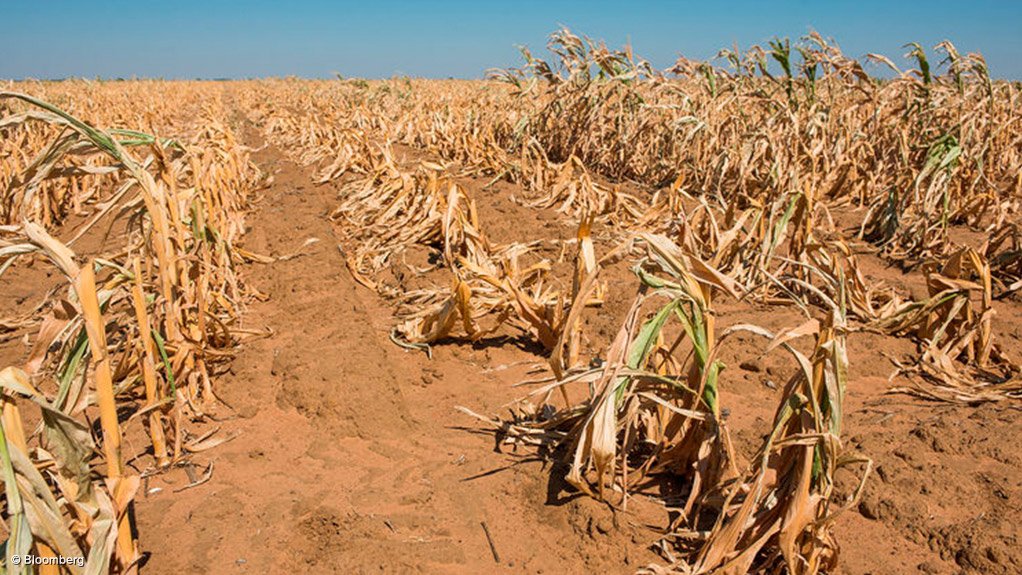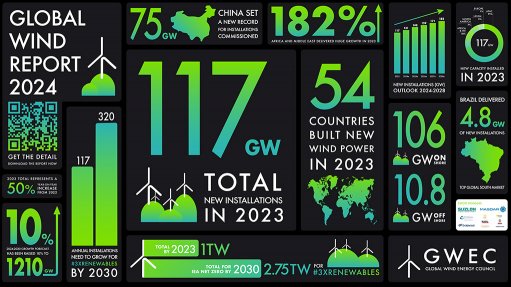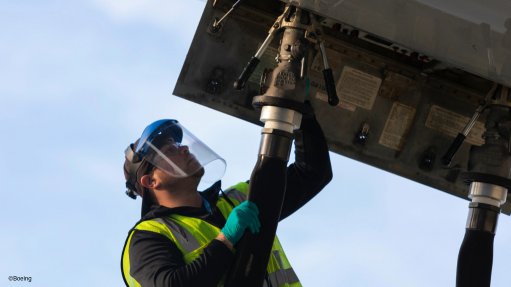Western Cape farmers call for easing of water restrictions to repair drought damage
Western Cape farmers are calling on government to reveal how much water they are likely to be allocated this summer, so they can make plans to fix the damage caused by the 60% cut in their water supply.
Some farmers say they have already experienced their Day Zero – now they want to know if they will be allocated enough water for the coming season to enable them to get back on their feet.
Western Cape agriculture lost R5.6-billion and 30 000 jobs because of the drought.
The sector employs 340 000 people and contributes 10% to the provincial GDP.
Carl Opperman, head of Agri-WesCape, said there had been several meetings between municipalities, agriculture, irrigation boards and the national Department of Water and Sanitation, responsible for the country’s bulk water supply and water allocations. Water rationing had been discussed and the feeling was that agriculture’s cuts could, in the interim, move from 60% to 50%. But the department had taken no decisions.
Opperman said if the water department reviewed the situation only at the beginning of October, the end of the winter rainfall season, whatever decisions about water restrictions that emerged from that review would be announced in November. That was too long to wait for planning.
"We’re saying, take the current information you have, run the models, so we can have some indication now of what our water allocation is likely to be for the next 12 to 18 months.
"We need to know that for planning purposes. Agriculture needs to go well below the 30% water rationing if we are going to fix what damage had been done to agriculture," Opperman said.
Anton Rabe, CEO of Hortgro, which represents deciduous fruit growers, said the cut of 60% to agriculture, compared with 45% to Cape Town and other municipalities, was not a fair allocation.
"Long term, a 60% cut in water is not sustainable, so that has to be seriously looked at. Unfortunately, some of our growers experienced their Day Zero already, with a big effect on production and yield. It won’t be a once-off impact.
"We don’t know what effect it will be on the new season’s crop. The jury’s still out," Rabe said.
He had noted the easing of water restrictions to Cape Town consumers "with concern", as there had been no reference to easing restrictions on agriculture.
Many farmers who normally grew tomatoes, potatoes and onions had not been able to plant a crop. This had had a big impact on seasonal farm workers, who lost jobs.
Rabe said agriculture hoped that the plans the City of Cape Town had for augmenting its water supply – including desalination and groundwater projects – would still go ahead, despite Day Zero having been avoided. He said the authorities also needed to ensure the planned raising of the Clanwilliam Dam wall, which had been stymied for years, was finally completed.
Rico Basson, MD of Vinpro, representing the grape and wine industry, said there ought to be a balance between economic growth and users when it came to water use in the province.
It was important that agriculture, which employed hundreds of thousands of people and was a key player in the economic growth of the province, should be given relief.
"Given that our production cycle starts in October, we would welcome any relief regarding the current water constraints," Basson said.
Edward Gerstner, a dairy farmer and member of the Theewaterskloof Irrigation Board, said dairy farmers wanted a better deal, but there was "a lot of politics involved" in the allocation of water.
Nearly 90% of irrigation water came from Theewaterskloof.
He said dairy farmers were having to "buy full rations" for their herds, because there was no water for pasture.
"We’ve had a 60% cut in water. There is nothing you can do with 40% of the water you need to farm. The apple farmers have had helluva losses. The whole of the Eastern Cape is having drought problems, and Oudtshoorn is a disaster, they’ve got nothing.
"We need more water, but the reality is, in a drought, people come first," Gerstner said.
Opperman questioned whether the Department of Water and Sanitation had planned for enough water to sustain economic growth for the next 20 or 50 years.
"Is there enough water infrastructure, yes or no? If not, how can they fix it? Is there a plan to get water to all sectors, so the economy and South African can grow as it needs to grow?"
Asked to comment, Department of Water and Sanitation spokesperson Sputnik Ratau said the department would stick to its plan of making the decision to review water restrictions when the average level of dams in the whole of the Western Cape had risen to 85% (it is now 60%), or at the start of October – whichever came first.
This was "not a thumb-suck", but a decision that was informed by examining the situation as it had been at the start of the water cuts, and what it was at the end of the hydrological cycle – or winter rainy season.
"The decisions are not just for now, but for the long term too."
Ratau said the department, responsible for bulk water supply and management, would not shirk its responsibility, not just for the Western Cape but for the whole country.
"On finalisation of the National Water and Sanitation Master Plan, all South Africans will get to know what the future plans entail."
This week, the UN Food and Agriculture Organisation released a report, the "State of Food Security and Nutrition in the World 2018", that said of all natural hazards, drought had caused more than 80% of the total damage and losses in agriculture worldwide.
The number of extreme climate-related disasters – including extreme heat, droughts, floods and storms – had doubled since the early 1990s, with an average of 213 of these events occurring every year between 1990 and 2016.
These harmed agricultural productivity, food availability and had knock-on effects like food price hikes, income and job losses.
Comments
Press Office
Announcements
What's On
Subscribe to improve your user experience...
Option 1 (equivalent of R125 a month):
Receive a weekly copy of Creamer Media's Engineering News & Mining Weekly magazine
(print copy for those in South Africa and e-magazine for those outside of South Africa)
Receive daily email newsletters
Access to full search results
Access archive of magazine back copies
Access to Projects in Progress
Access to ONE Research Report of your choice in PDF format
Option 2 (equivalent of R375 a month):
All benefits from Option 1
PLUS
Access to Creamer Media's Research Channel Africa for ALL Research Reports, in PDF format, on various industrial and mining sectors
including Electricity; Water; Energy Transition; Hydrogen; Roads, Rail and Ports; Coal; Gold; Platinum; Battery Metals; etc.
Already a subscriber?
Forgotten your password?
Receive weekly copy of Creamer Media's Engineering News & Mining Weekly magazine (print copy for those in South Africa and e-magazine for those outside of South Africa)
➕
Recieve daily email newsletters
➕
Access to full search results
➕
Access archive of magazine back copies
➕
Access to Projects in Progress
➕
Access to ONE Research Report of your choice in PDF format
RESEARCH CHANNEL AFRICA
R4500 (equivalent of R375 a month)
SUBSCRIBEAll benefits from Option 1
➕
Access to Creamer Media's Research Channel Africa for ALL Research Reports on various industrial and mining sectors, in PDF format, including on:
Electricity
➕
Water
➕
Energy Transition
➕
Hydrogen
➕
Roads, Rail and Ports
➕
Coal
➕
Gold
➕
Platinum
➕
Battery Metals
➕
etc.
Receive all benefits from Option 1 or Option 2 delivered to numerous people at your company
➕
Multiple User names and Passwords for simultaneous log-ins
➕
Intranet integration access to all in your organisation





















